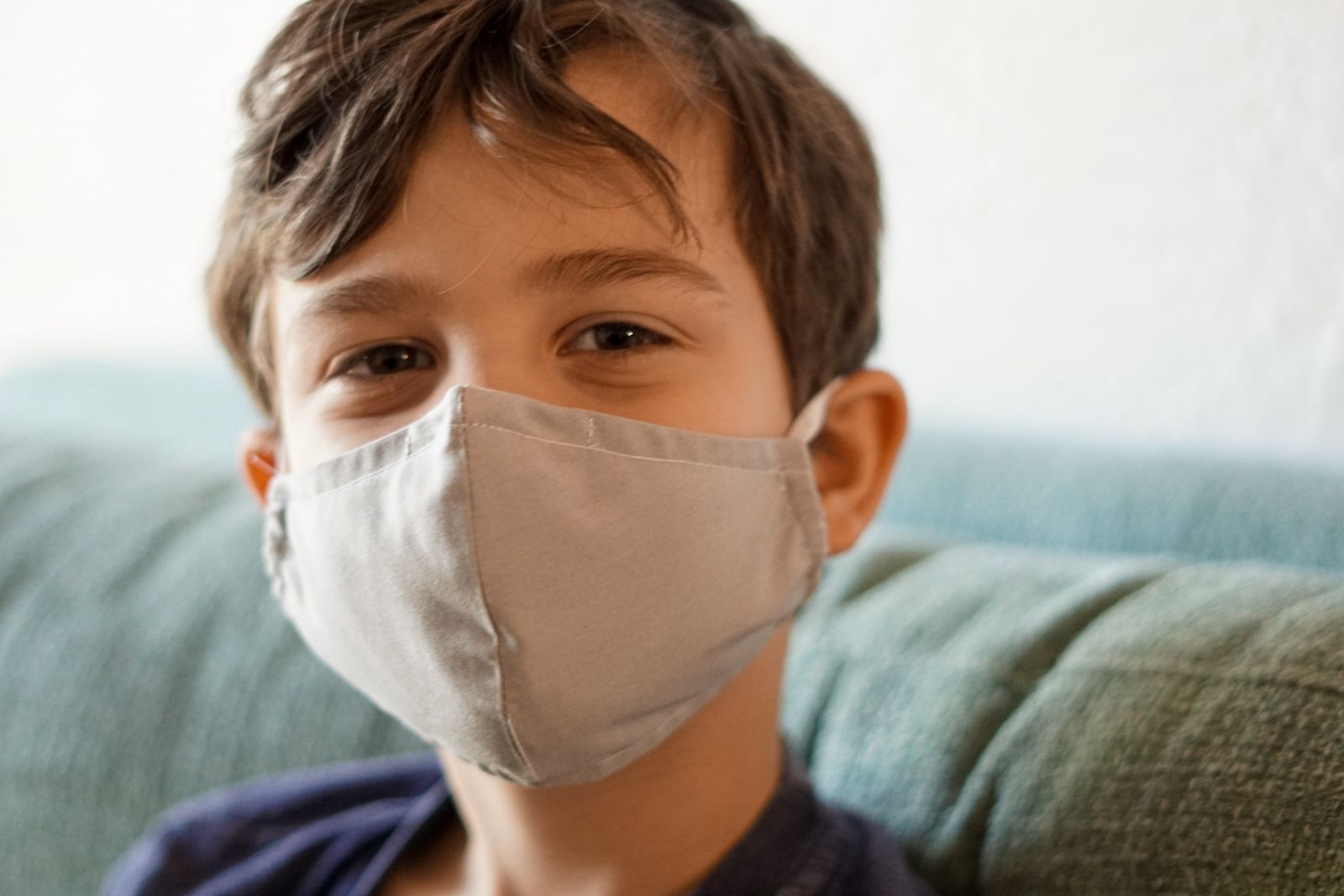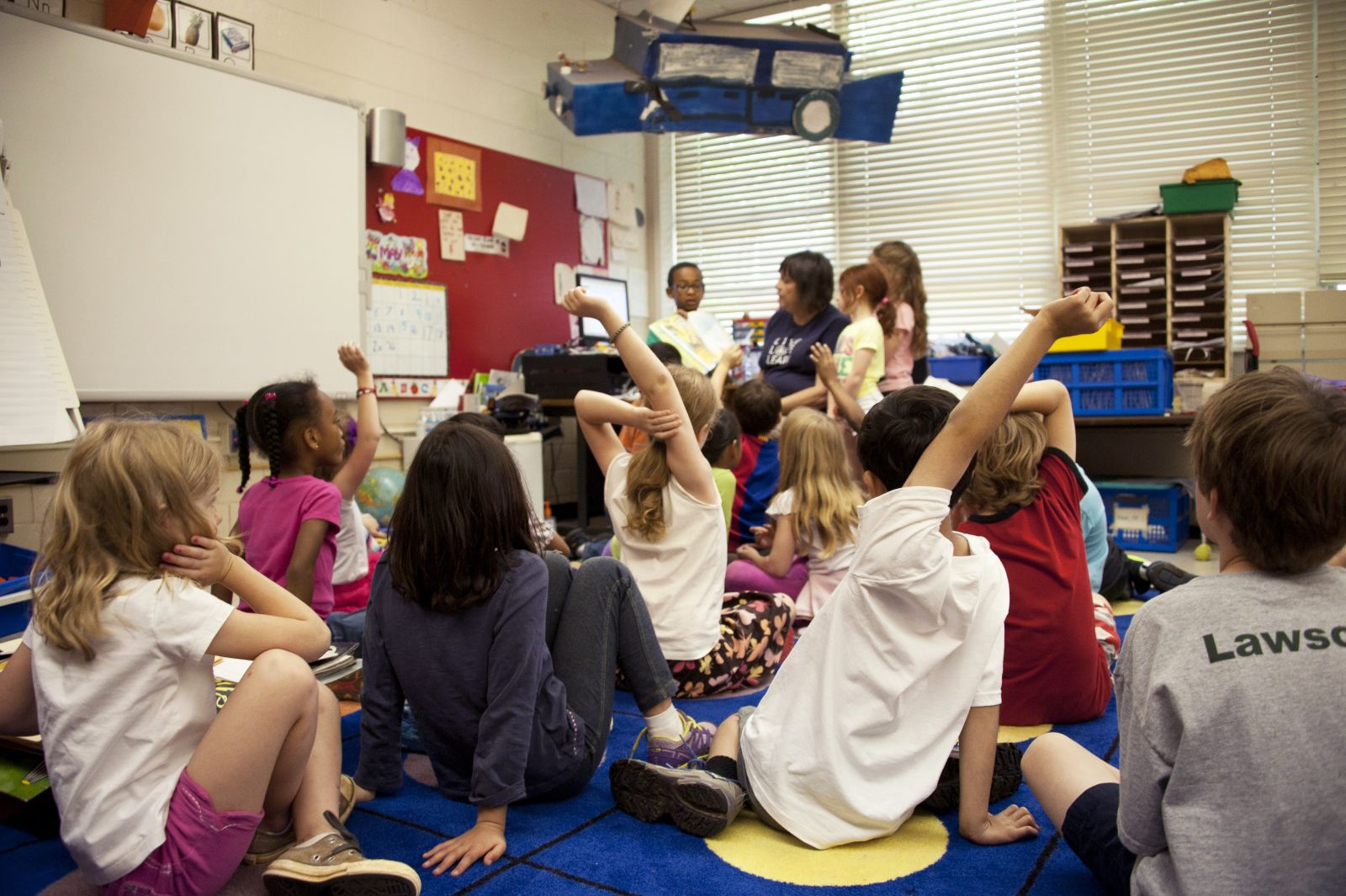Primary Times - the definitive what’s on and where to go family guide of activities and events for children of primary school age. Things to do with your kids during the school holidays including arts and craft activities, music and theatre for children, parties, competitions, days out, and family attractions along with term time drama schools, dance classes, after school clubs and sports activities. Things to do at a place near you!
Almost half of kids anxious about return to school - psychotherapist tips
Childcare service, Koru Kids, has polled 1,307 British parents to find out how their children are dealing with the imminent return to schools next week. Below are the key findings:
- Almost half (47%) say their child is nervous/anxious about returning to school.
- When asked why they are anxious these were the most commonly selected answers:
- 28% worried about interacting with peers and teachers after a long time away
- 17% worried about their academic performance
- 15% worried about catching COVID-19
- 14% worried about wearing a mask all day

- When asked how they are expressing their worry/anxiety these were the most commonly selected answers:
- 36% verbally expressing it
- 22% pushing boundaries/acting up
- 13% not sleeping well
- 7% refusing to go back
- 6% refusing to talk about the return
- 5% loss of appetite

- When asked whether they think there should be more support for parents on how to smoothly transition children from home school to school 54% said yes, and 24% said ‘I don’t know’.
Koru Kids has partnered with Joanna Fortune, a Psychotherapist, attachment and trauma therapy specialist and author of 15 Minute Parenting, to create some practical tips for parents who’s children are struggling with the concept of going back to school .
While our children may well be excited about returning to school, it is likely many will also experience an emotional wobble, perhaps especially around the point of separation. Try:
1. 4-part handshake - make up a special handshake between you (a high-five, a fist bump, wiggle fingers, pinkie wrap etc) that you can share at the point of separation and reunification
Love buttons - draw a love heart on your wrist and on their wrist. Rub them together when saying goodbye to charge them up with love and if they miss you during the day, they can touch their love button and feel your love. Pockets full of kisses - stuff their pockets full of kisses so they can pull one out if they feel lonely during the day. Photo key-ring - get a photo of you together and have it put into a photo keyring. Your child can attach it to their school-bag or put it into their pocket or pencil case and take it out to look at or rub or simply hold during the day
2. They take their emotional cues from us parents so be aware of your own feelings about their return to school too. If you are also a little worried don't hide it but name it in a positively reframed way. "I think you are feeling excited to see your friends but a little worried also about whether it is safe. I think I have the same feelings, but I remind myself that the teachers have worked really hard to keep our schools safe and that we have hand sanitiser and masks and other things that also keep us safe. What games are you most excited to play when you are back in school?"
3. Some of our children will be wearing masks while back at school. Masks can seem scary because we are drawn to look at the part of the face that we cannot see. Play with this by playing "feeling eyes". Cover up the lower part of your face and ask your child to name your feeling based on your eye's expression. This is encouraging them to focus on the part of the face that they can see rather than the part they cannot see. Make masks (out of spare children's socks) for teddy's and dolls and let them play with putting them on/off and understanding it is still their toy underneath the mask
4. Let the messy feelings get messy - go back to earlier sensory type of play. That is messy, tactile, noisy play. Sand, water, bubbles, play-dog, music and lots of it. I know the idea of messy play can send a shiver down a parental spine BUT we have to show our children that we can welcome, contain and organise their external chaos and mess so that they also see they can bring us their internal (emotional) chaos and mess and that we will welcome, contain and organise that with them too
5. Connection before correction - try not to flood them with questions as to how their day was or how they are feeling when you collect them after school. This can overwhelm them and instead seek to "do" the communication rather than "speak" it. Our children can be tired, irritable, overwhelmed and dysregulated after a busy day and they need time to emotional exhale and co-regulate with us. Play Jelly/Ice-cream on the way home from school. Every time you say Jelly, they must reply Ice-cream but they must say it the same way that you do. If they are hyper in behaviour start by yelling JELLY and they must yell back ICECREAM, then gradually bring your tone down to a more appropriate and regulated level. If they are quiet and flat start by whisper "jelly" and they must whisper "ice-cream" and ring them gradually up.




